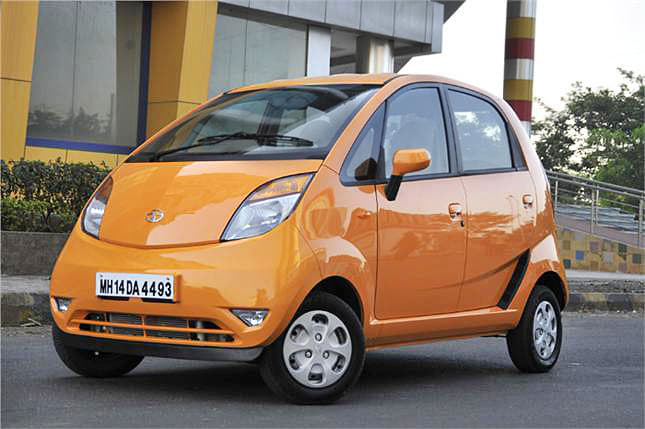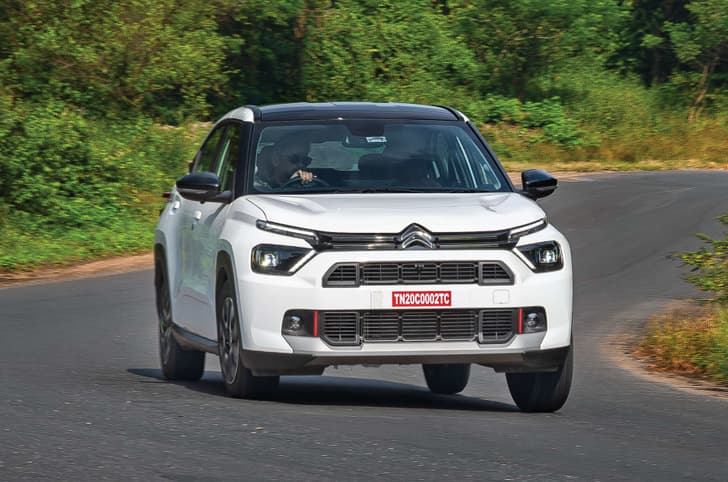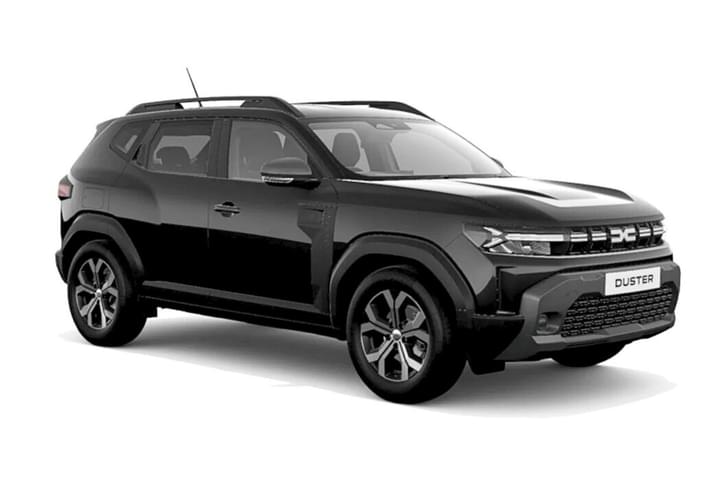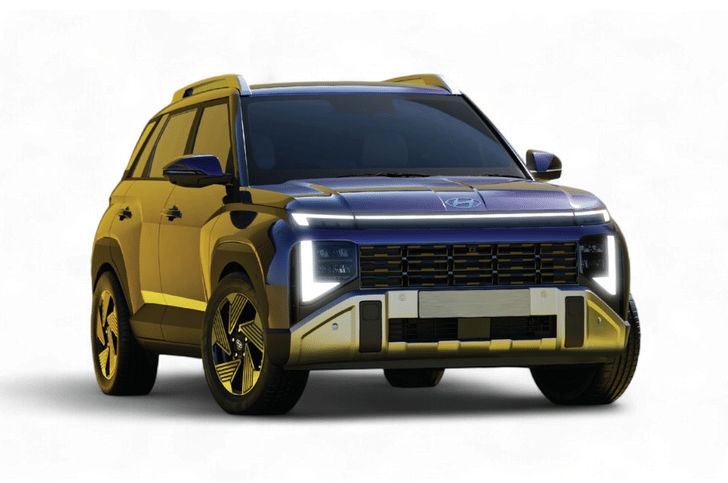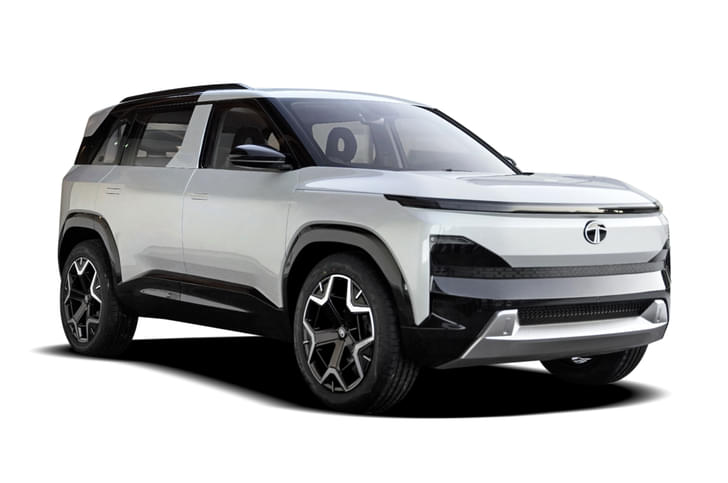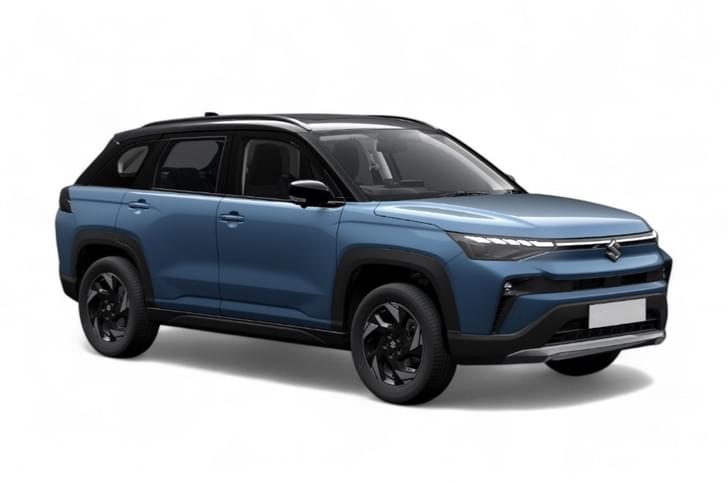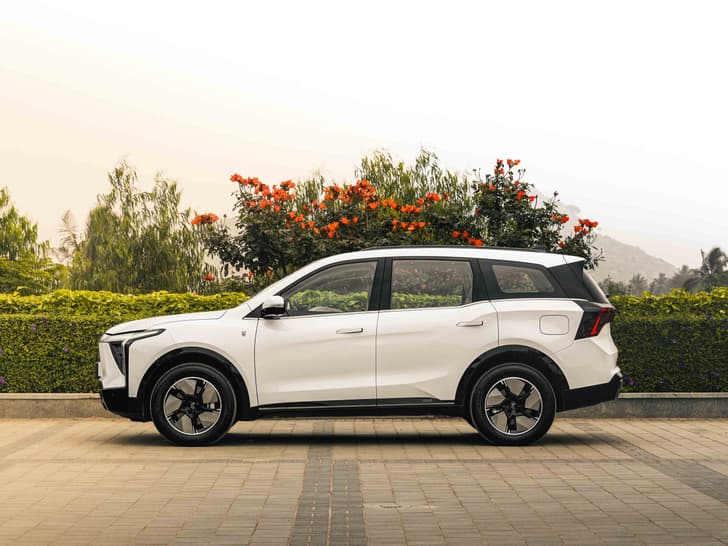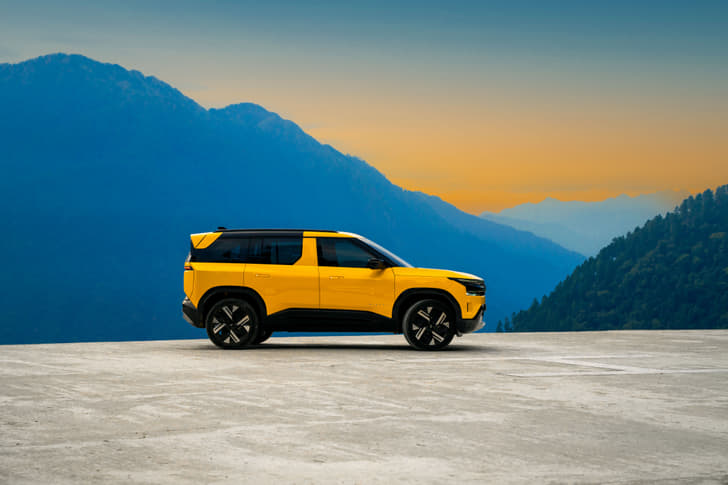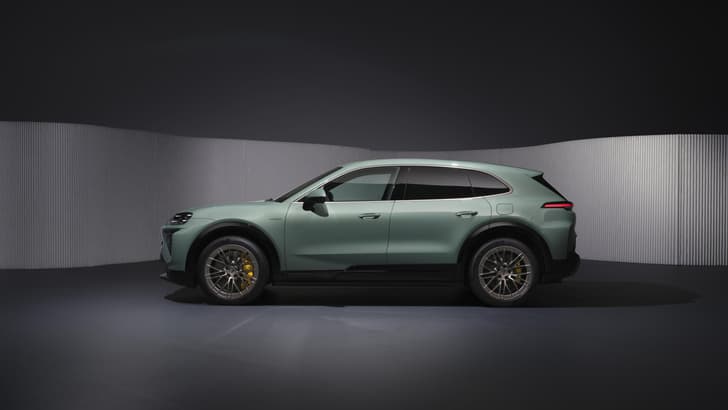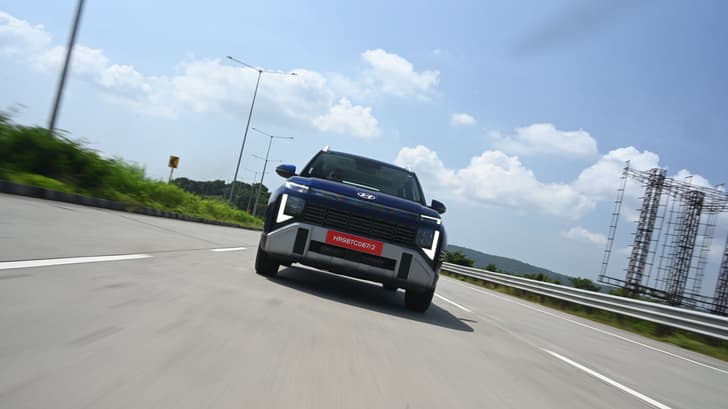A vibrant range of colours, which includes a Papaya Orange and Rouge Red, loudly announces the fact that the Tata Nano has been given a makeover. But look beyond the eight new shades of paint and it is hard to distinguish the new-for-2012 car from the earlier model. The only real exterior additions to the upgraded Nano are the plastic wheel caps (on the top LX model) and a passenger-side rear-view mirror, which is a very welcome and essential feature.
The instant you open the door it becomes abundantly clear Tata has listened to feedback and worked hard to spruce up the plain-Jane interiors of the Nano. The LX model gets a beige dashboard with a silver-finish centre console and gear knob. The seat fabric is beige too, and this really helps liven up the cabin. Even the dual-tone door pads, which have deeper pockets than before, look a huge step up from the very basic original design.
A very noticeable change is the new front seat headrests, which can now be adjusted (the one-piece seat on the earlier car did not allow this), but their movement is quite limited. The front seats themselves are better contoured now and more supportive than before. Moving to the back, we were reacquainted with the massive space inside the Nano; it makes every other budget hatchback feel a whole size down. Rear seat comfort is enhanced too, thanks to new contouring on the seat base and the seat-back height has also been raised for better shoulder support.
Tata has tweaked the Nano’s 624cc engine to make it more fuel-efficient, and the good thing is that power is also up from 35bhp to 37bhp. Torque too has improved by 0.4kgm, to 5.2kgm. However, the Nano still drives very much like the earlier car - while it is not quick by any measure, it is adequate for typical city driving. Part of the reason the performance gain is not apparent is that Tata has given the Nano slightly taller gearing, again in the interest of economy. For the record, Tata claims an ARAI-tested figure of 25.4kpl (up from the earlier model’s 23.6kpl). Refinement has been thoroughly improved as well, with a very silent idle and fewer vibrations transmitted through the body. Also, changes to the intake and exhaust mean the Nano doesn’t sound like an auto-rickshaw anymore.
There have been some changes under the skin too. Our biggest grouse with the original Nano was its steering, which felt heavy at slow speeds. Revisions to the suspension have addressed this issue to a fair extent, and the steering now feels noticeably lighter, but still requires some effort, especially when parking. Power steering is unfortunately still a long way off and would have ideally complemented the Nano’s famously tight turning circle to make it really easy to hustle about in crowded city traffic. Stability is improved too, thanks to an anti-roll bar at the front.
But the best news of all is that Tata has not raised the prices for this updated Nano. The Nano Standard retails for Rs 1.4 lakh (ex-showroom, Delhi), the CX costs Rs 1.7 lakh and the top-end LX has been priced at Rs 1.96 lakh.
More upmarket, better to drive and all for the same low price, the Nano just got a whole lot more appealing.

